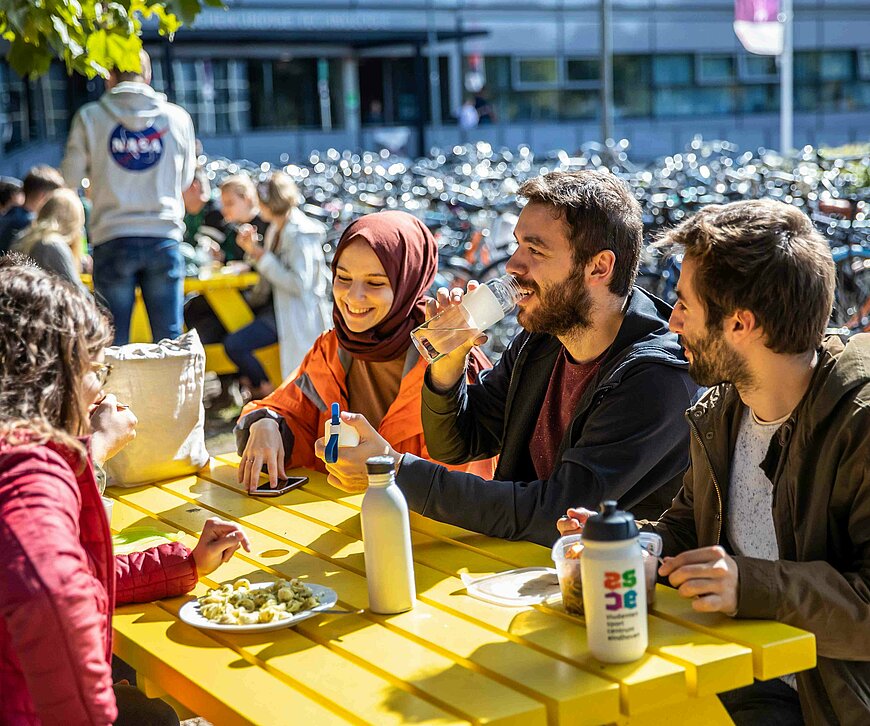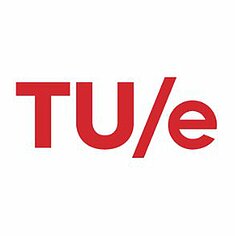TU/e records highest ever number of new students

This academic year, the Eindhoven University of Technology (TU/e) has welcomed the highest number of new students in its entire existence: 3,093. The intake is about 12 percent higher than last year, and it shows a particular growth in the number of new TU/e bachelor’s students.
TU/e’s intake of 3,093 new students is about 12 percent higher than last year. In particular, the number of new bachelor’s students went up – from 2,210 last year to 2,430 this year. The growth is highest in the bachelor’s programs Mechanical Engineering and Computer Science & Engineering as the university was able to increase the intake limit (numerus fixus) of both programs.
The increased intake is mainly due to a higher number of new bachelor’s students from other EU countries. In fact, TU/e has more new international students (1,571) than new Dutch students (1,522) for the first time ever. In contrast, the intake of Dutch students has been declining for a few years. This year, the percentage of international students out of the total TU/e student population is 30 percent.
"This growth is very welcome but is certainly not enough to meet the demand for more engineers in our region."
President of the Executive Board Robert-Jan Smits
Robert-Jan Smits, President of the Executive Board: “The intake figures are a recognition of our quality and reputation; they show that we are well-established internationally.” He is pleased that the university can once again admit slightly more students. “There is an urgent need for more highly educated engineers in order to meet enormous societal challenges – consider, for example, the energy transition, the climate and digitalization. In parallel, it is important for the earning capacity of the Netherlands. The high-tech industry, especially in the Brainport region, has an enormous need for engineers. The intake growth is therefore welcome but is certainly not enough. We will thus continue to look for opportunities to grow at a higher rate in a responsible manner.”
Smits: “To educate more engineers, it is enormously important that more investments are made nationally to stimulate interest in science and engineering at an early age so that the intake of Dutch students grows. In Germany, their intake is twice as high as ours, so growth should be possible.”
“Furthermore, it is very important that The Hague keeps the doors open to the international talent that we so strongly need. The director of NXP Netherlands announced earlier this week that slowing the international influx could lead to Dutch multinationals investing more in R&D abroad. It would be bad for the Netherlands if these kinds of high-quality jobs seep out of our country.”
